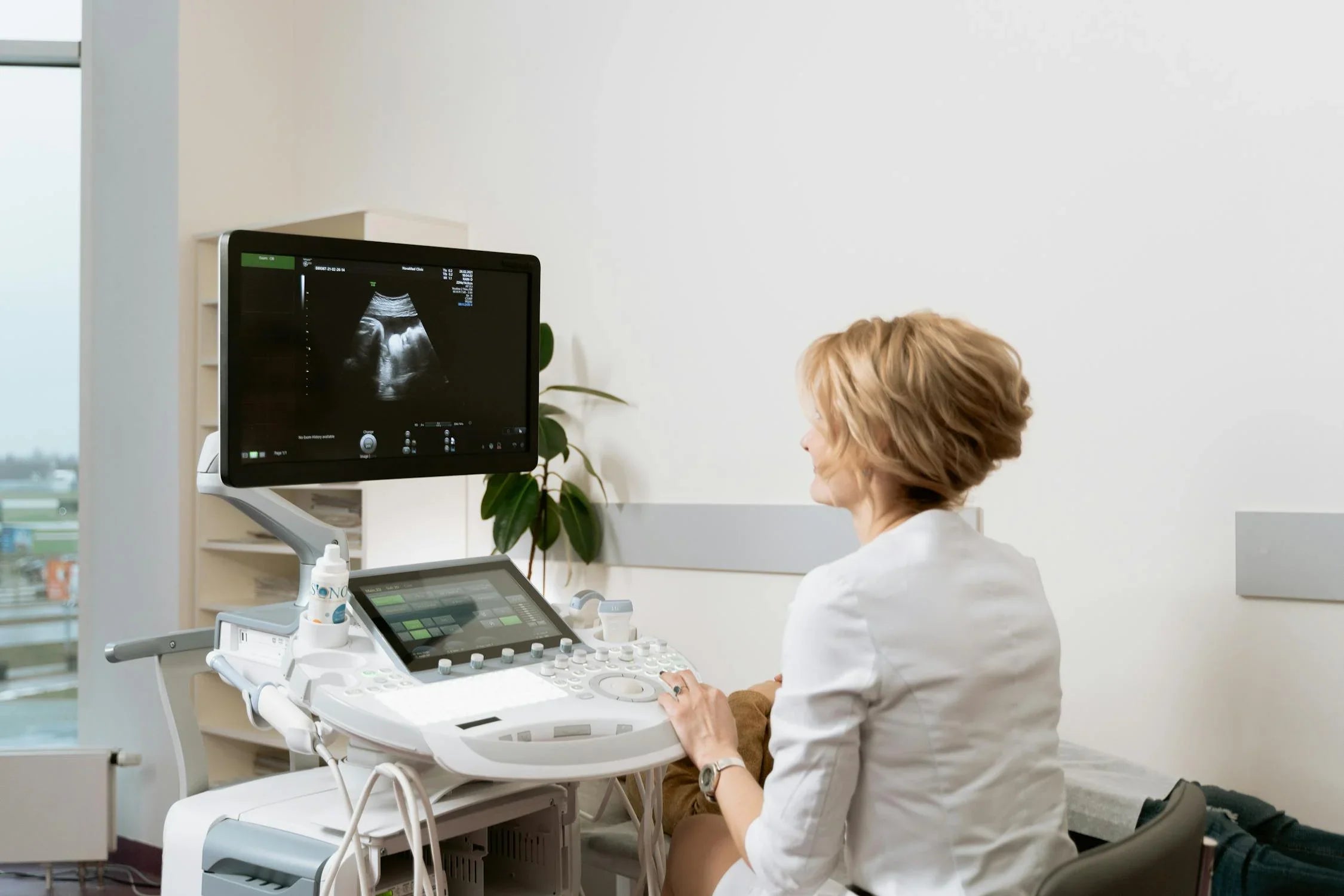Inicio
Pregnancy, Breastfeeding, and Pumping: The Ultimate Guide for Moms
Will Antibiotics Affect a Pregnancy Test: What You Need to Know

Will Antibiotics Affect a Pregnancy Test: What You Need to Know
When it comes to pregnancy tests, accuracy is everything. Many women wonder if medications, particularly antibiotics, can interfere with the results. This concern is valid, as understanding the factors that affect pregnancy tests can help ensure you get the most reliable outcome. Let’s dive into the science behind pregnancy tests and explore whether antibiotics play a role in their accuracy.
How Pregnancy Tests Work
Pregnancy tests detect the presence of human chorionic gonadotropin (hCG), a hormone produced by the placenta shortly after a fertilized egg attaches to the uterine lining. Most home pregnancy tests are designed to detect hCG in urine, while blood tests conducted by healthcare providers can measure hCG levels more precisely. The accuracy of these tests depends on several factors, including the timing of the test, the sensitivity of the test, and the presence of substances that might interfere with the results.
Can Antibiotics Affect Pregnancy Test Results?
The short answer is no. Antibiotics are medications used to treat bacterial infections, and they do not interfere with the production or detection of hCG. There is no scientific evidence to suggest that antibiotics can cause a false positive or false negative result on a pregnancy test. However, it’s important to note that certain medications and medical conditions can influence hCG levels or the accuracy of the test. For example, fertility treatments containing hCG can lead to false positives, while diuretics or antihistamines might dilute urine and affect the test’s sensitivity.
Factors That Can Affect Pregnancy Test Results
While antibiotics are not a concern, other factors can impact the accuracy of a pregnancy test. These include:
- Timing: Taking the test too early can result in a false negative, as hCG levels may not yet be detectable.
- Test Sensitivity: Some tests are more sensitive than others and can detect lower levels of hCG.
- Improper Use: Not following the instructions, such as using expired tests or misreading the results, can lead to inaccurate outcomes.
- Medical Conditions: Certain conditions, such as ectopic pregnancy or ovarian cysts, can affect hCG levels.
When to Take a Pregnancy Test
For the most accurate results, it’s best to wait until after you’ve missed your period to take a pregnancy test. This allows enough time for hCG levels to rise to a detectable level. If you’re unsure about the results, consider taking a second test a few days later or consulting a healthcare provider for a blood test.
What to Do If You’re Concerned About Medication Interference
If you’re taking any medications and are worried they might affect your pregnancy test, consult your healthcare provider. They can provide guidance on whether your medications could interfere with the test and recommend the best course of action. Remember, antibiotics are not known to impact pregnancy test results, but it’s always better to err on the side of caution when it comes to your health.
Understanding how pregnancy tests work and the factors that can influence their accuracy is crucial for peace of mind. While antibiotics are not a concern, being aware of other potential influences can help you achieve the most reliable results. If you’re ever in doubt, don’t hesitate to seek professional advice to ensure you’re on the right track.
Compartir
